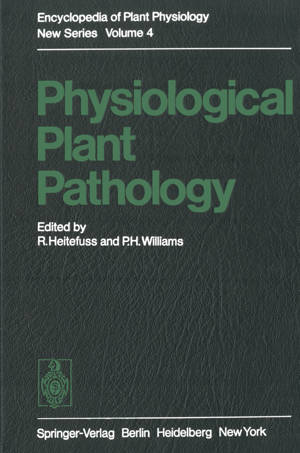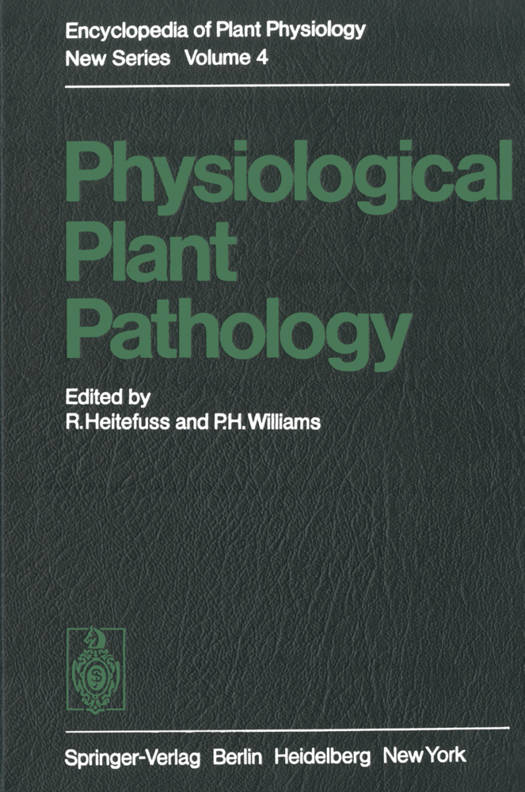
Bedankt voor het vertrouwen het afgelopen jaar! Om jou te bedanken bieden we GRATIS verzending (in België) aan op alles gedurende de hele maand januari.
- Afhalen na 1 uur in een winkel met voorraad
- In januari gratis thuislevering in België
- Ruim aanbod met 7 miljoen producten
Bedankt voor het vertrouwen het afgelopen jaar! Om jou te bedanken bieden we GRATIS verzending (in België) aan op alles gedurende de hele maand januari.
- Afhalen na 1 uur in een winkel met voorraad
- In januari gratis thuislevering in België
- Ruim aanbod met 7 miljoen producten
Zoeken
Physiological Plant Pathology
€ 167,95
+ 335 punten
Omschrijving
Plant pathology embraces all aspects of biological and scientific activity which are concerned with understanding the complex phenomena of diseases in plants. Physiological plant pathology represents those specialities within plant pathology which focus on the physiological and biochemical activities of pathogens and on the response of host plant tissues. Today there is an increasing recognition on the part of the scientific agri- cultural community that only through a deeper and more fundamental under- standing of all the interacting components of the agricultural biota can we expect to improve our capabilities of feeding an expanding world population. It is in this context that physiological plant pathology has assumed new significance within the broader field of plant pathology. No longer are studies on the biochemistry and physiology of pathogens and pathogenesis merely isolated academic exercises; rather, a substantial coherent body of knowledge is accumulating upon which our understanding of the process of disease developmen t and host resistance is being founded. It is from these foundations of knowledge that ultimately new insights into the control of plant diseases may be expected to grow. It seems appropriate, therefore, that at regular intervals those involved in the various subspecialities encompassing the broadest aspects of physiological plant pathology reassess the contributions within the particular specialities in the light of new knowledge and technologies for the purpose of articulating new and productive directions for the future.
Specificaties
Betrokkenen
- Uitgeverij:
Inhoud
- Aantal bladzijden:
- 892
- Taal:
- Engels
- Reeks:
- Reeksnummer:
- nr. 4
Eigenschappen
- Productcode (EAN):
- 9783642662812
- Verschijningsdatum:
- 15/11/2011
- Uitvoering:
- Paperback
- Formaat:
- Trade paperback (VS)
- Afmetingen:
- 170 mm x 244 mm
- Gewicht:
- 1428 g

Alleen bij Standaard Boekhandel
+ 335 punten op je klantenkaart van Standaard Boekhandel
Beoordelingen
We publiceren alleen reviews die voldoen aan de voorwaarden voor reviews. Bekijk onze voorwaarden voor reviews.








